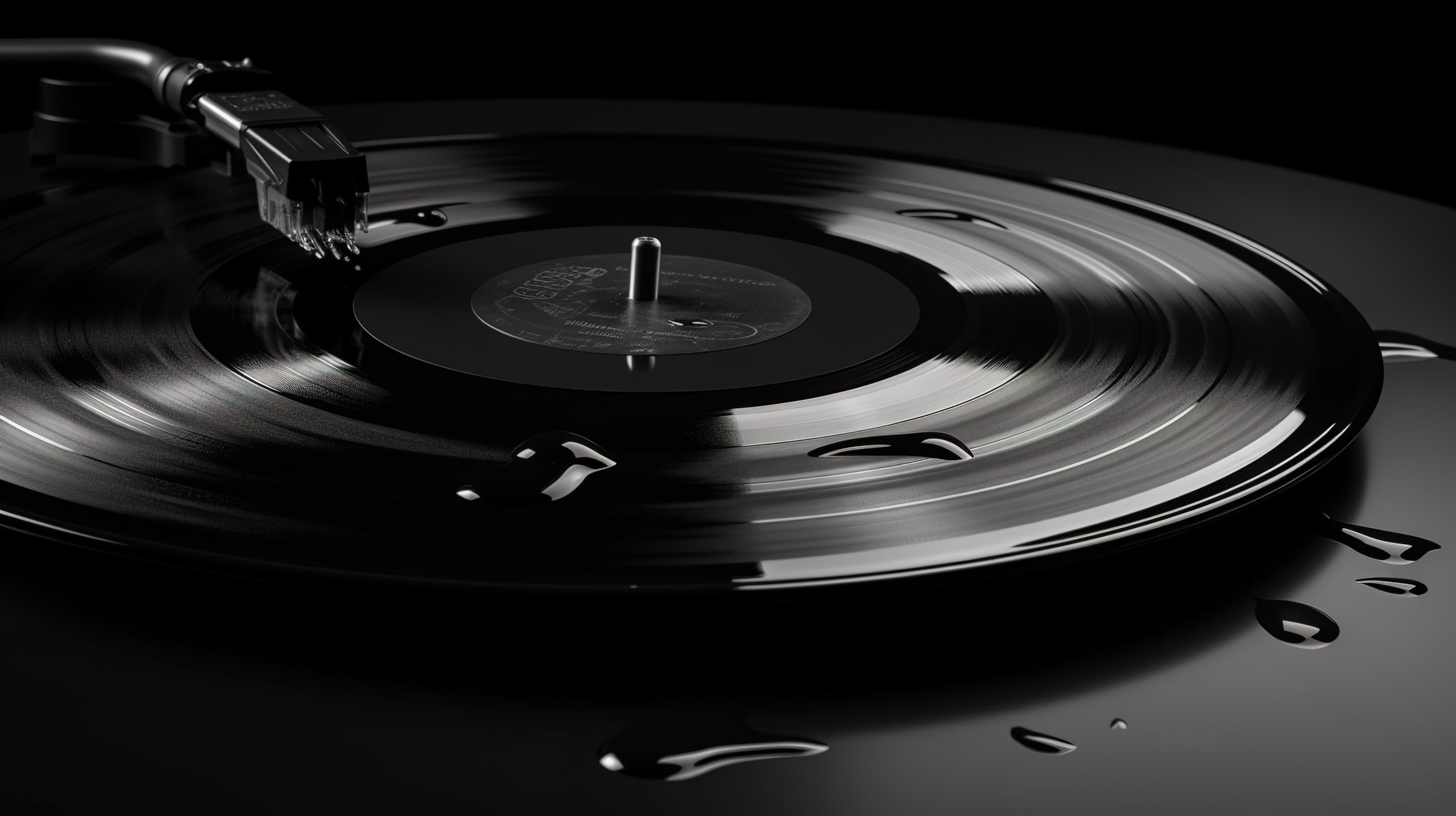Seven Against Thebes – Art Of Deception

Outside the box guitar playing, evocative vocals, and a lively rhythm section attack immediately distinguish Seven Against Thebes as a powerful four piece working in a hard rock vein. If you listen deeper, however, there’s even more to hear and notice. Seven Against Thebes is more than capable of unleashing torrid rock music sharp enough to sever your head, but they likewise have a penchant for building colorful dramatic moments and sonic landscapes. There are thirteen songs on their second full length release, Art of Deception, and a wide ranging variety of sound attesting to the band’s desire to offer listeners a well rounded release. They’ve accomplished that with their new album and it packs a mighty wallop.
Our first indication of just how much velocity backs up that wallop comes with the opener Till Death Do Us Part. This screed against an ex-partner has plenty of invective to burn, but there’s a surprising even-handedness to some of the lyrical content we wouldn’t typically hear in other songs like this. The opener gains a lot, as well, from the frequently shifting vocal melody and singer Rusty Horne has control over his voice it takes lesser singers decades to develop.
His voice maintains a strong emotive edge with this performance, but Collision Course is more focused on raw rock power and the flying brick wall muscle of the band, especially Cyrus Rhodes’ bevy of rampaging guitar tracks, makes this one of the album’s most aggressive rockers. It never impedes the musicians showing off their chops however and drummer Bruce Burgess stands out here.
There’s a near classic rock riff vibe with the track Killing Time and Hoyle underlines that tone with his fundamentally strong vocal. 7AT, as songwriters, reflect their world through a personal point of view, avoid “issue” oriented material, but the outlook of the songwriting isn’t ever particularly hopeful and Killing Time is no exception – many of the song’s narrators seem to be facing down personal reckonings of one kind or another, but there’s real strength in the presentation that suggests meeting your despair with renewed energy is the only true hope we have. Cyrus Rhodes plays a little bit of blues for us during the instrumental break and it adds another convincing voice into the album’s sound.
We move into more texturally experimental material following the album’s first quarter. Mastervision introduces listeners to a very different sound compared to the earlier songs, excepting the album’s introductory instrumental, but Seven Against Thebes never ventures too far afield from their core strengths. The rhythm section work from drummer Burgess and bassist Mr. Black makes great use of effects, but guitarist Cyrus Rhodes shows the same talent for knowing when and what sort of effects can bolster the song’s atmospherics.
Next 2 Zero takes us back to more familiar ground and thrashes with enraged energy Hoyle counters with a remarkably gentle vocal in comparison.
The album’s apparent centerpiece tune, Ashes 2 Ashes, skirts near social commentary, but it’s delivered from such an intensely personal point of view that it humanizes the dread and darkness of the song, making it all the more impactful. It’s the longest song on Art of Deception, but it’s most successful theatrically styled number, by far.
This marks the Seattle band’s first release since 2011 and finds them sounding like they’ve never been away. Seven Against Thebes could have easily chosen to play it safe and reaffirm their hard rock bonafides, but Art of Deception shows a real thirst for risk taking that says something good about the growing musical and songwriting confidence of everyone involved.

